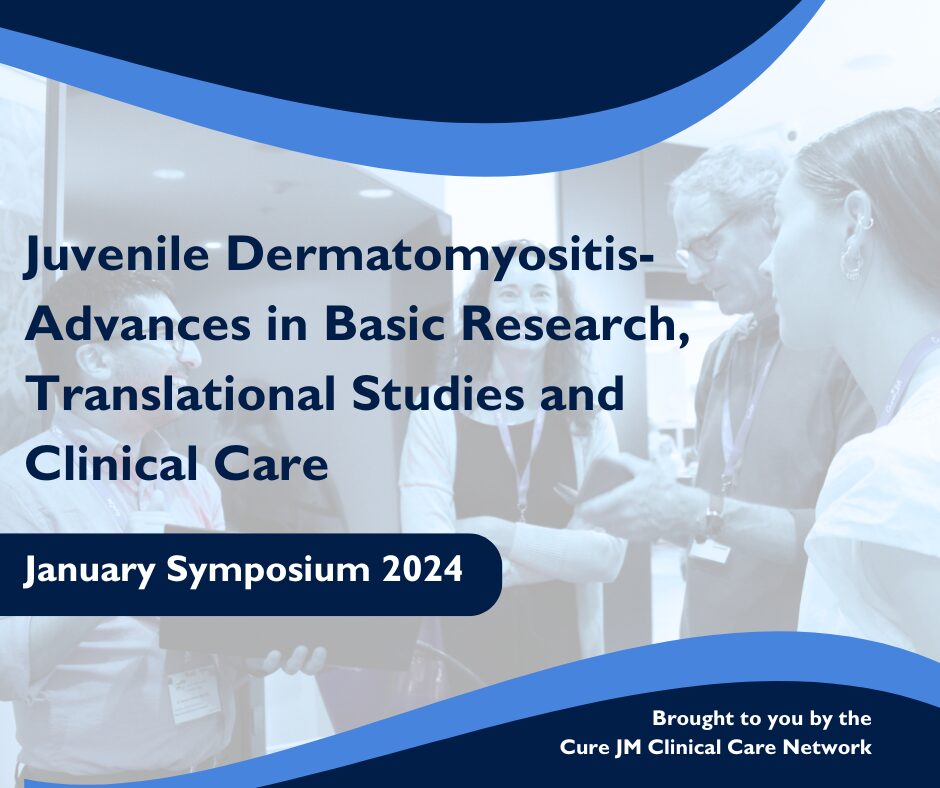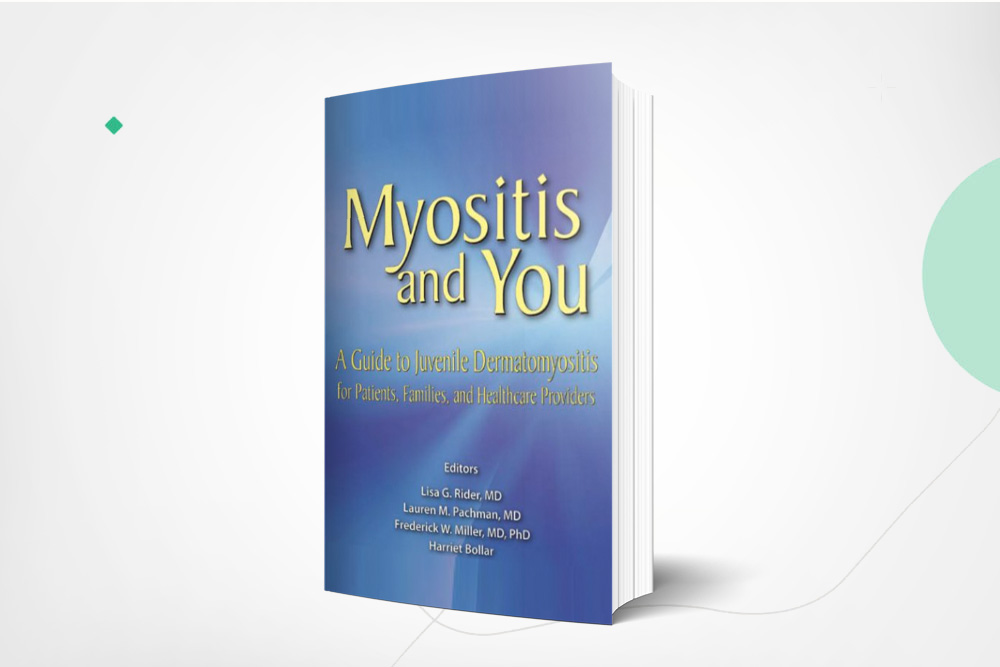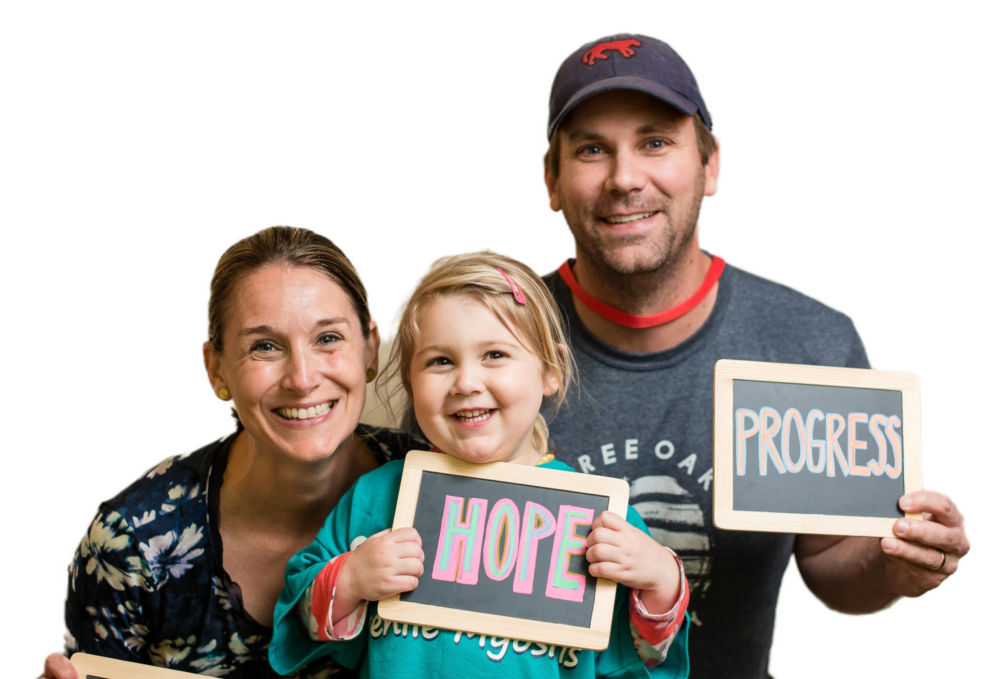Rebecca E. Sadun, MD, Ph.D.
Dr. Sadun is a pediatric and adult rheumatologist at Duke University, a Cure JM Center of Excellence. She recently presented at the Global Conference on Myositis (GCOM) on transitioning care from pediatric rheumatology to adult care.
Dr. Sadun notes several concerning statistics relating transition to adult care:
- Health outcomes for JDM patients worsen
- Increased morbidity rates (health complications)
- Non-adherence to medication regimens
- High rates of depression
- 50% dropout rate from regular care
Dr. Sadun reports that transition is a long-term gradual process that results in the actual transfer of care from pediatric to adult care. A transition plan can take up to 10 years and should start early, perhaps around the age of 12. The transition goal is to gradually shift responsibility for care from parents to the young adult patient, so all parties are prepared for the transfer to adult care.
Sadun warns that changes could be jarring because of the fundamental differences in the culture of pediatric care, which tends to provide longer appointments and includes participation from dermatology and physical therapy. In contrast, adult care leans toward shorter appointments and less emphasis on a patient’s overall health.
Sadun notes that pediatric care is triangular and engages the patient, parent, and doctor, but adult care is binary—patient and doctor only. If parents have assumed most health care responsibility into the late teen years and beyond, the transfer is likely to be less successful.
Her suggestions for a successful transition include the following:
- Start early in the teen years.
- Utilize transition tools such as “Got Transition” or “TRAQ.”
- Create a transfer document that details the patient history.
- Insist on an actual meeting between your pediatric rheumatologist and new adult rheumatologist. Such meetings happen only 10% of the time and contribute to 50% dropout rates.)
- Remember that your “child” is now an adult and will need to share their psychosocial history with the new doctor. This might include, for example, other health issues, questions about sexual activity or drug or alcohol use. Please respect their privacy. If you’ve done a good job of transition planning, your child will be ready to take charge of their own health care responsibly.




